Nominees for the Story Prize Speak on Process and Inspiration
The Story Prize, the annual twenty-thousand-dollar award for a short story collection, closed its 2011 competition entry pool earlier this month—and now its blog is offering a close look at the writers whose books were nominated.
Authors such as Danzy Senna, William Lychack, Joseph McElroy, Ana Menendez, and Shann Ray, all of whom had collections published this year, discuss their writing processes, sources of inspiration, and the books that made them want to write.
In today's post, Menendez, nominated for her collection Adios, Happy Homeland! (Black Cat), emphasizes practice and training over "witchcraft or pure chance" as key to the creation of our masterpieces, with James Joyce and Vincent Van Gogh to back her up. Lychack, nominated for his second book, The Architect of Flowers (Mariner Books), discusses the importance of another art—judo—to achieving an understanding of balance and dedication in the writing process. And Alan Heathcock, nominated for Volt (Graywolf Press) breaks down his approach to writing into six steps. Thirty-five nominee discussions are currently posted as part of the running series.
The judges are having a word on the blog, as well. Breon Mitchell, a professor of comparative literature who is joined on the panel by Sherman Alexie and Louise Steinman, reveals what the jury is looking for in a Story Prize submission: "Samuel Beckett once said that most people could only enjoy a text if it reminded them of something else they had read. We enjoy hearing echoes of earlier texts in a new one, like musical motifs borrowed from compositions of another age. Yet we also set a high value on originality—we want to be surprised, not just by a turn of events, but by some element we may never have encountered before."
A shortlist of three collections entering the final running will be announced in January, and the winner of the Story Prize will be named on March 21 at a ceremony in New York City.





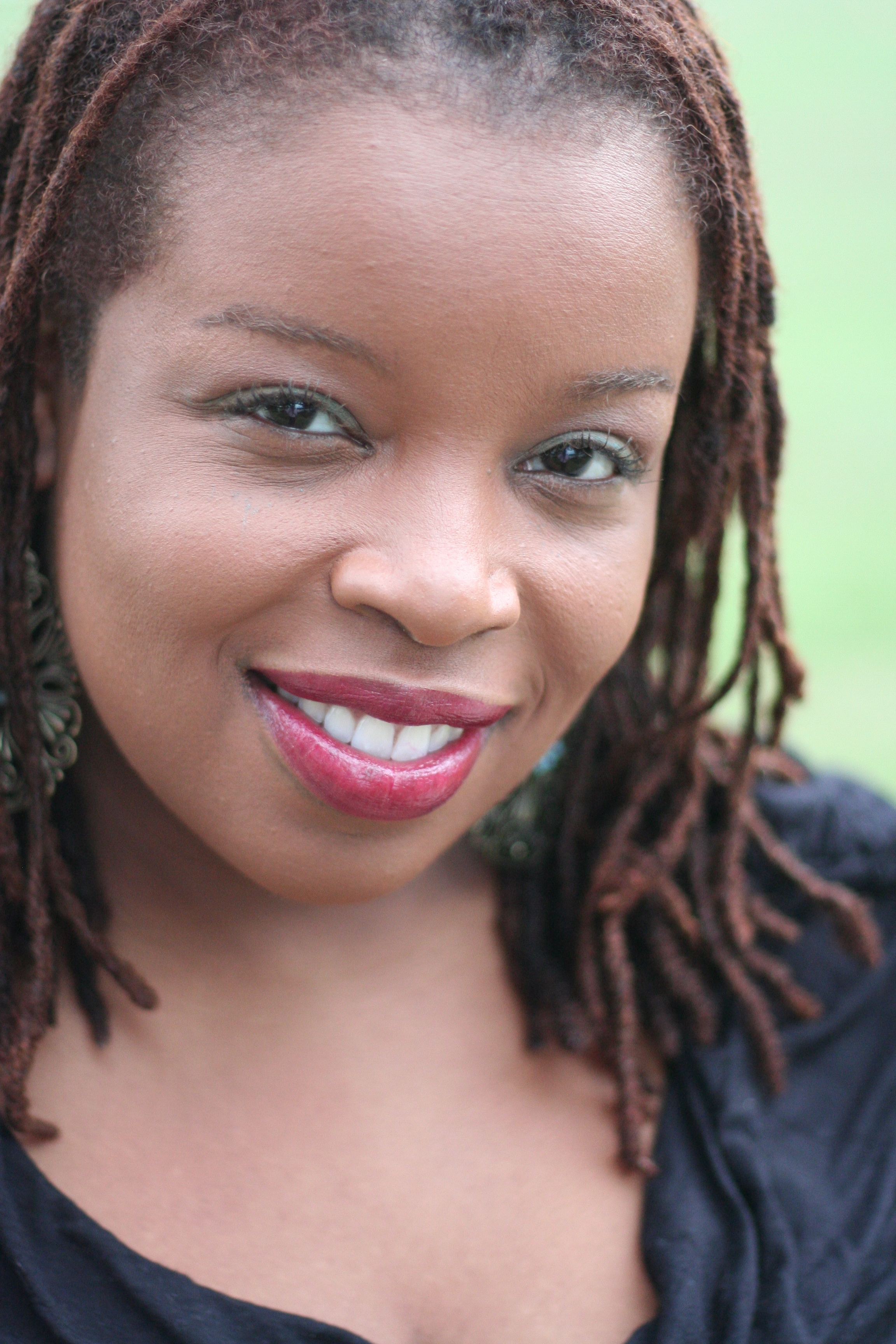 New Orleans is not a quiet place. It occupies you. Since moving from the Midwest (Cleveland, Ohio) to the South, I've had to adjust how I write. Some family members have wondered how I could be a candidate for marriage because I seemed eerily comfortable as a loner. My husband is always amazed at how often I leave my phone at home on purpose. There's a reason... I'm easily distracted. With so many stimuli, I wonder how poets find useful silence.
New Orleans is not a quiet place. It occupies you. Since moving from the Midwest (Cleveland, Ohio) to the South, I've had to adjust how I write. Some family members have wondered how I could be a candidate for marriage because I seemed eerily comfortable as a loner. My husband is always amazed at how often I leave my phone at home on purpose. There's a reason... I'm easily distracted. With so many stimuli, I wonder how poets find useful silence.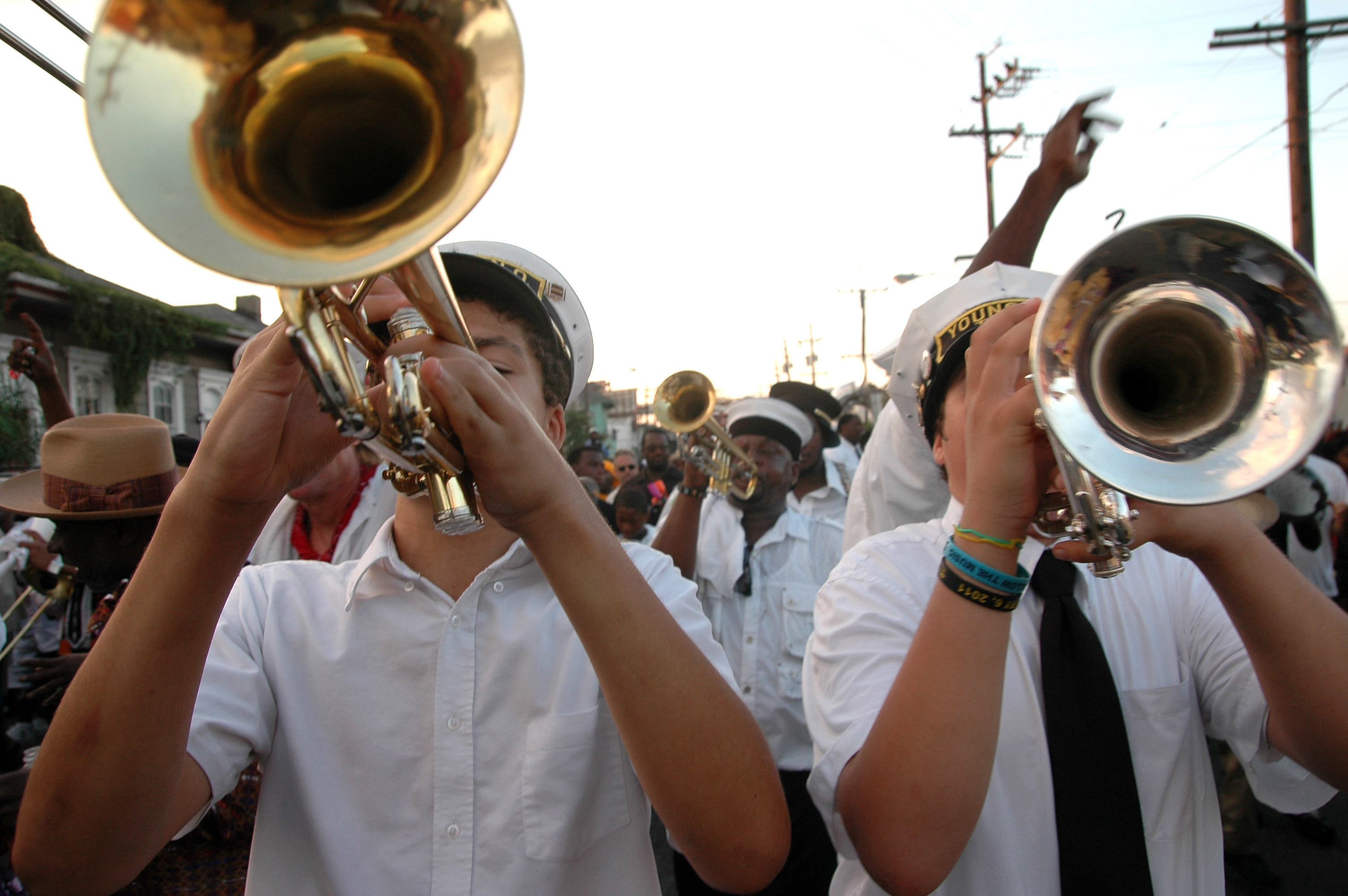 The Moonwalk: This paved sidewalk beside the Mississippi River has nothing to do with Michael Jackson. It's called the Moonwalk in honor of former mayor Maurice "Moon" Landrieu. From here you see the Crescent City Connection Bridge connect the east and west banks of the city.
The Moonwalk: This paved sidewalk beside the Mississippi River has nothing to do with Michael Jackson. It's called the Moonwalk in honor of former mayor Maurice "Moon" Landrieu. From here you see the Crescent City Connection Bridge connect the east and west banks of the city. 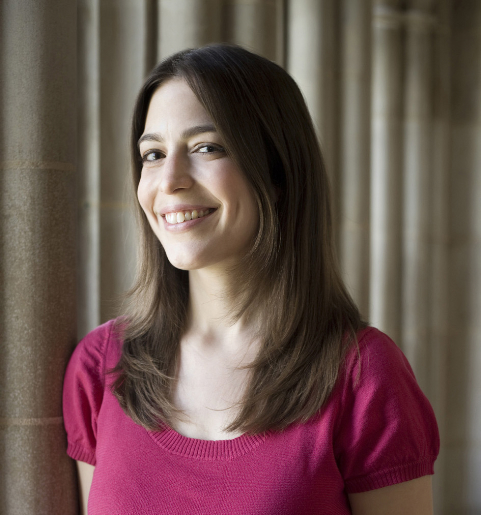 What are your reading dos?
What are your reading dos?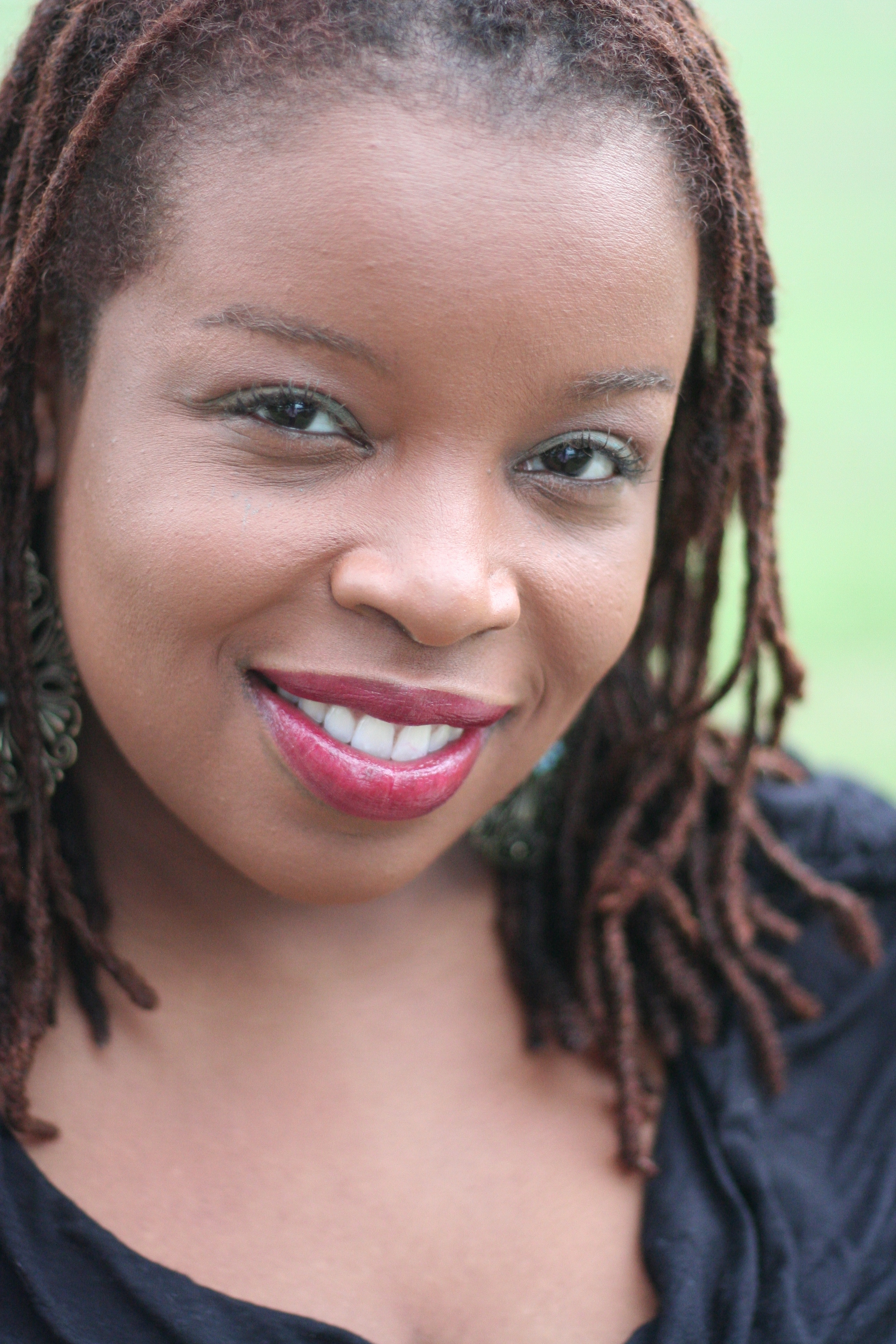 The New Orleans Chapter of
The New Orleans Chapter of 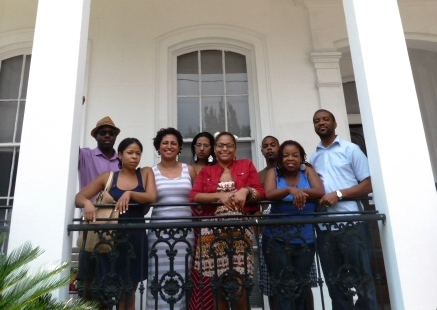 Can't keep up with this literary buffet? No worries. Listen to
Can't keep up with this literary buffet? No worries. Listen to 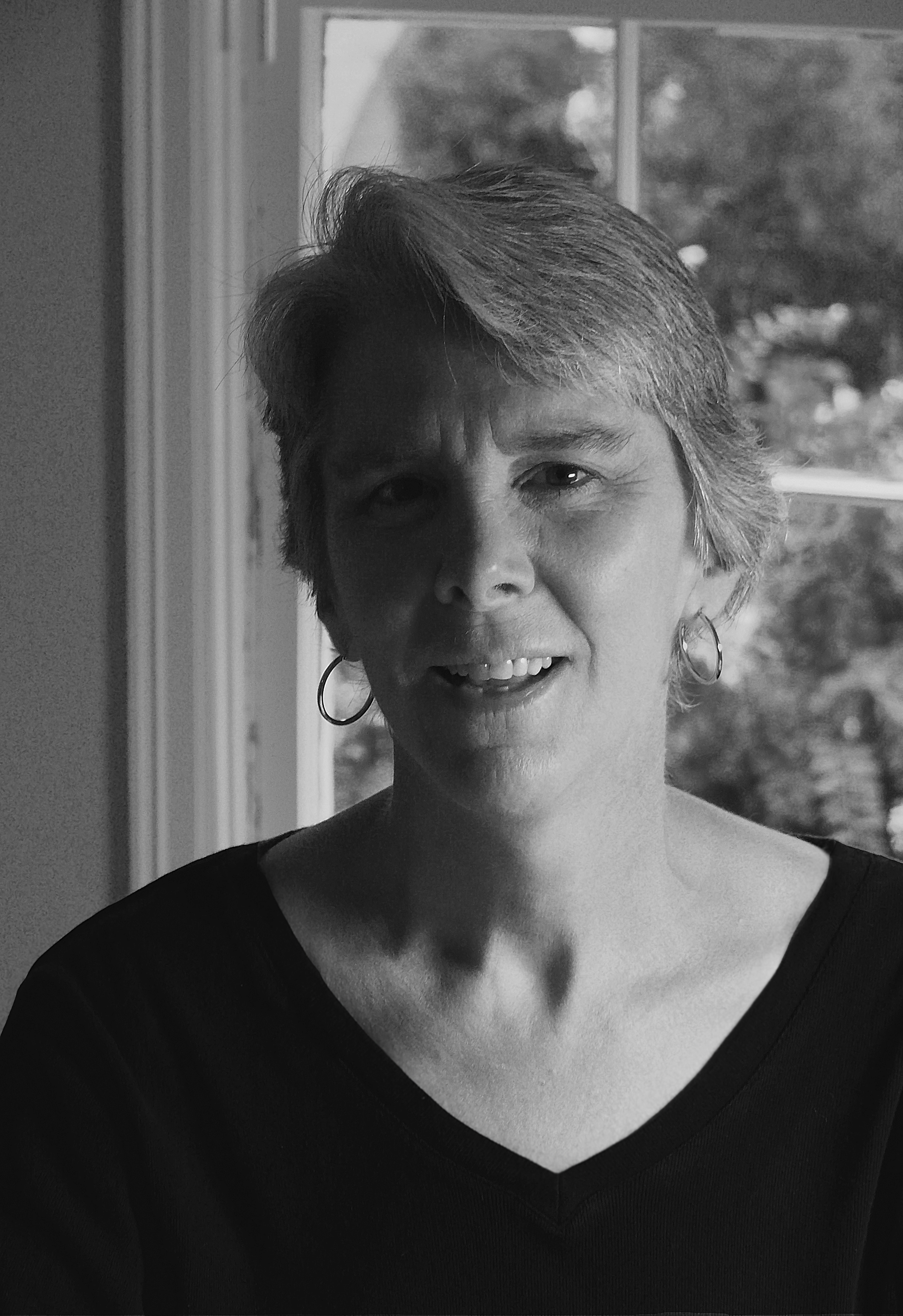 One of the first assignments I gave was to write about a place where they felt safe and comfortable, an exercise that could be appropriate for anyone, but especially so for people who have experienced trauma. I will never forget what one woman wrote:
One of the first assignments I gave was to write about a place where they felt safe and comfortable, an exercise that could be appropriate for anyone, but especially so for people who have experienced trauma. I will never forget what one woman wrote: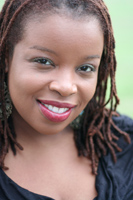
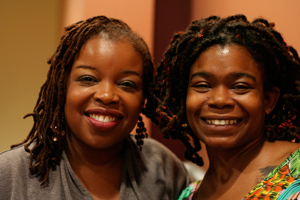 Before the close of the event, Dr. Chandler turned the audience's attention to a black-and-white photo of a black woman, who was a domestic worker, on display in the auditorium. The photo was brought in by an audience member who wanted to bring his grandmother's spirit to the event. I believe she was there.
Before the close of the event, Dr. Chandler turned the audience's attention to a black-and-white photo of a black woman, who was a domestic worker, on display in the auditorium. The photo was brought in by an audience member who wanted to bring his grandmother's spirit to the event. I believe she was there.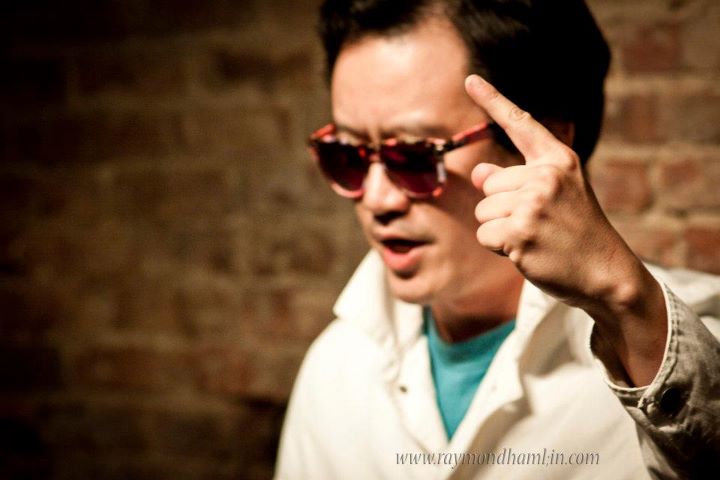 He went on to explain that he’d recently had a bad car accident, suffered whiplash, and now had “this brain-stem injury thing,” which meant a sudden jolt could send his world upside down. Which also meant that he had no choice other than to be desperately “low key." He apologized in advance for not being at his best.
He went on to explain that he’d recently had a bad car accident, suffered whiplash, and now had “this brain-stem injury thing,” which meant a sudden jolt could send his world upside down. Which also meant that he had no choice other than to be desperately “low key." He apologized in advance for not being at his best.